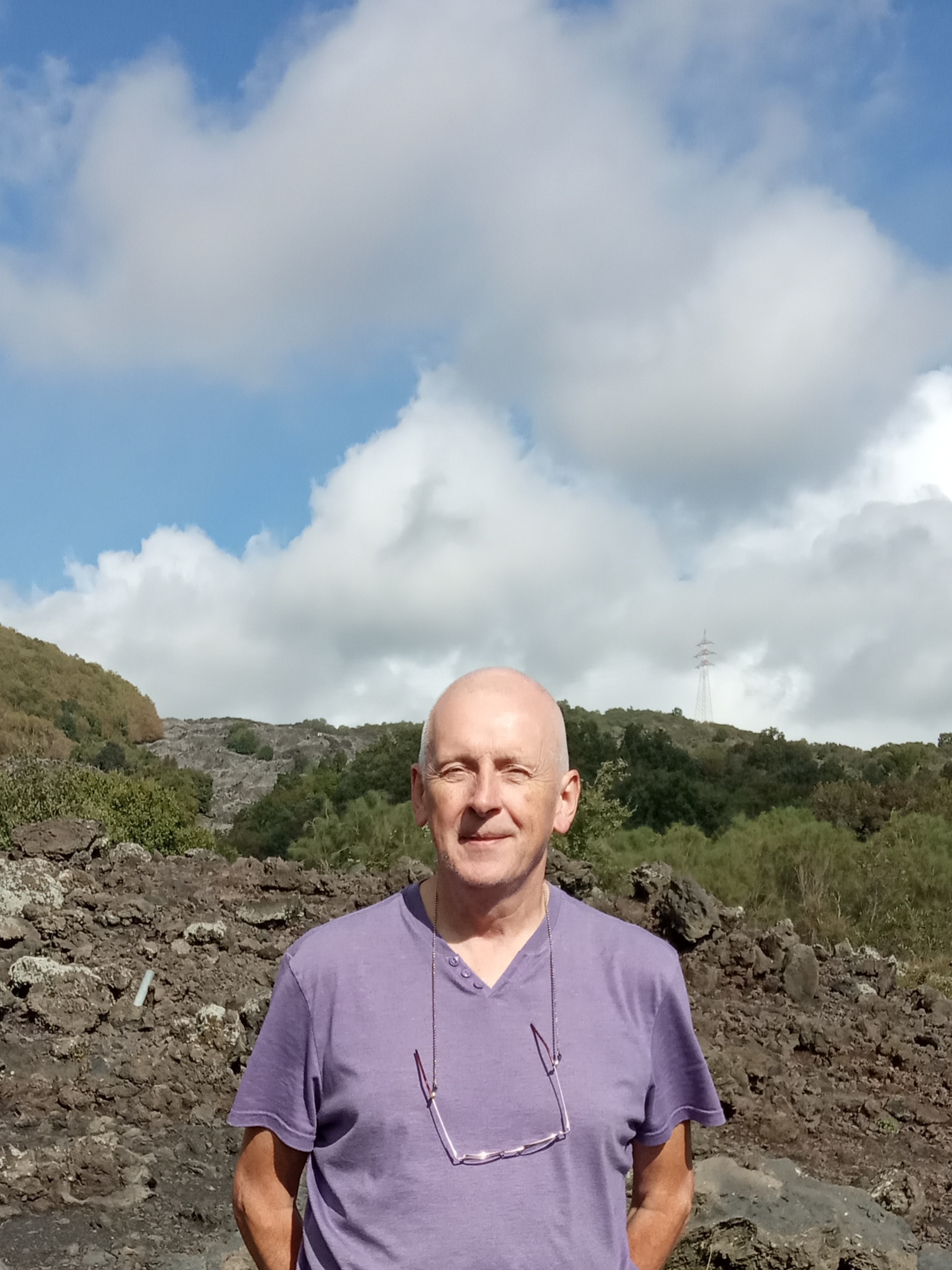
"The white horse" "What white horse" say I. "White horse rescue us"
Tony Gill
"What the heck", my brother, Paul, shouts.
He's going through a pile of documents and papers that belonged to our father who had recently 'passed' away.
"What's up ", I retort.
"Look at this" he says and comes across with a black shiny object resting in the palm of his hand, "It's a German Iron Cross, Tony"
We stare at first in awe which then quickly morphs into fearful shock.
"It can't be he was a soldier in the Polish army" I bluster.
Silence now ponders then dissipates slowly into paper rustling.
"How odd, see this Tony...this cant be true" Paul exclaims handing to me a crumbled document headed ' The German Consulate, London'.
"It says that Aleksander Gozdzic has been awarded a state pension from the German Government to cover service from 1940 to 1944"
"No way", I blurt, "That can't be true, though interned he told us he was a Polish soldier during the Second World War".
We stare in silence at the document but no amount of blinking will make it disappear!
Hmm, all this brings into focus the time I interviewed Dad, in the old peoples home, for the 'Second World War Experience' This project recorded in written and verbal form the experiences of military personnel that were active in that period. I had been called in by organisers who had tried to interview him but had difficulty in understanding his 'broken' English and at sometimes incoherent response.
Maybe it was 'stage fright' as he seemed more at ease with me
I started by asking him about the background to his joining the Polish army.
"No work" he said in his truncated minimalist style.
He was a man of few words but when he spoke people listened.
"How did you get involved in the Second World War", I enquired.
"The Germans come, we fight", was his brief response.
I ask him if anything unusual had happened to him during the war.
"The white horse"
"What white horse" say I.
"White horse rescue us"
"I work signals, we lost, Germans surround".
"Soldier on big white horse come and take us back".
I look at him quizzically and he picks this up and explains.
He tells me that the Polish army had lots of horses which were used for military purposes, at this time, and recalls that there was even Calvary that had charged the German tanks!
I then say "So how did the war progress for you"?
"We captured", he says.
We fight Warsaw and Germans capture us"
"What happened".
"We taken to Germany"
"We put in camp".
"What did you do"?
"We work".
"How did they make you work"?
"No work, no eat" he says with a wry smile.
"How long were you there"?
"Few years, then we escape".
"You escaped from the camp, how did you manage that"?
"Yes, they march us to other camp. We see no guard front, no guard back so we jump into ditch. Six of us"
"Then what",
"We walk to Italy".
"Wow, how did you manage that, it's hundreds of miles and not only that how did you manage to feed yourselves "?
"Well, walk, not far and we catch rabbits; take eggs and chickens to eat"
"So when you got to Italy, what did you do"?
"Join England army, they fight Italy".
"What did you do "?
"I, drive truck".
"Could you drive"?
"No, they teach me, pass test ".
Just out of curiosity I ask him "What was the test"?
"Start, stop, do gear, you pass "?
I smile inwardly thinking that after the war he never had to take a road driving test as when his service finished he was regarded to be a qualified truck driver.
"So were you there long"?
"We have to fight sometime but we win"; " War finish, we back to England"
Oh, the pension from Germany
Well research showed that Germany had to make reparations after the Second World War including payment and pensions to forced labour.
And the Iron Cross; we presumed it was a war trophy...hopefully!